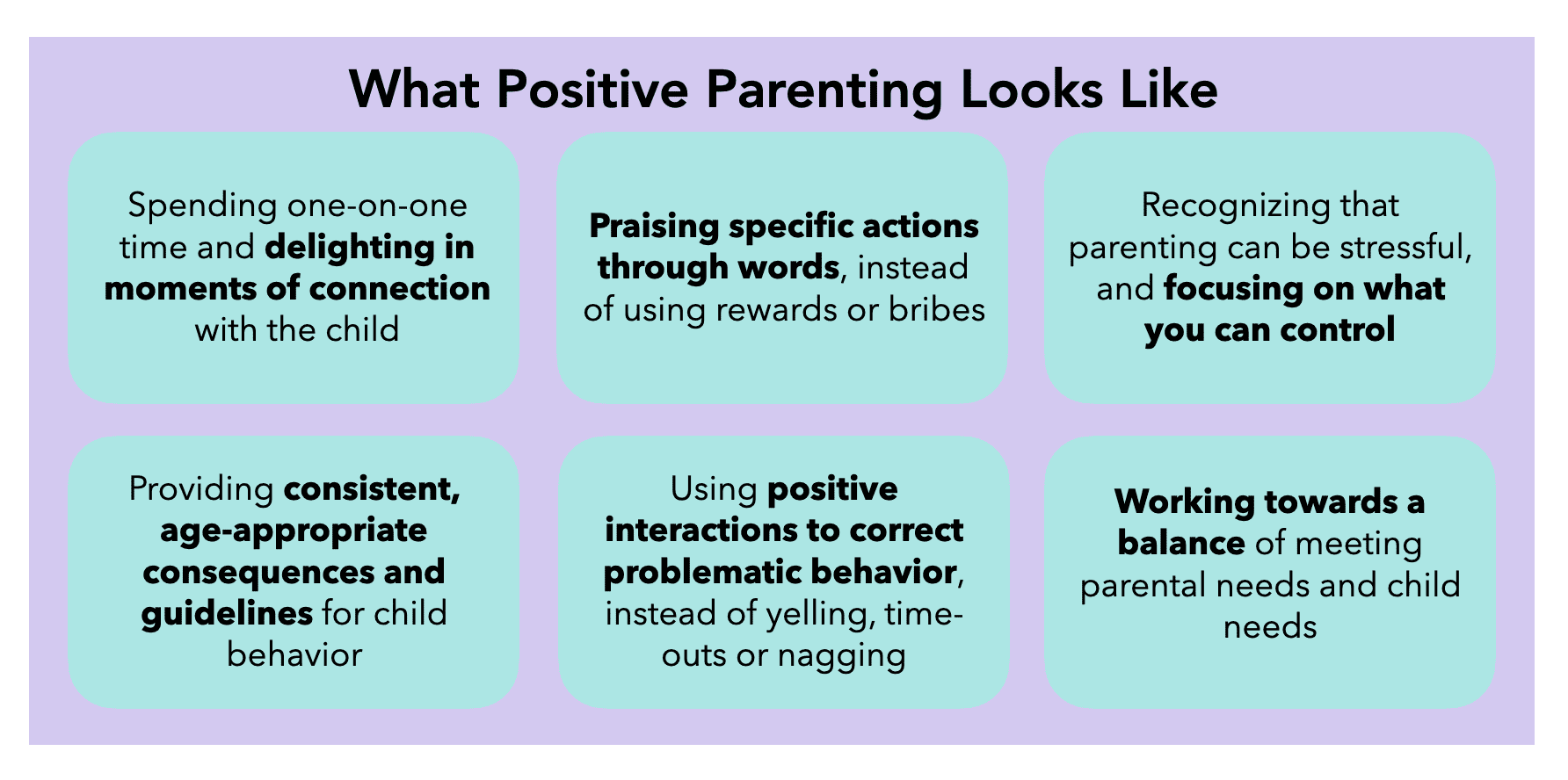Navigating the unique challenges of parenting a child with autism can often feel overwhelming. However, with expert advice and proven strategies, it can certainly become more manageable and rewarding. Our comprehensive guide, ‘How to Parent a Child with Autism: Tips from Experts,’ is tailored to equip you with the necessary tools, insights, and techniques to support your child’s development effectively. Whether you’re still grappling with a recent diagnosis or looking for new approaches to engage your autistic child, our article is meticulously designed to improve your understanding and parenting skills, making a significant, positive impact on your family’s life.
“Understanding Autism: An Overview and Its Impact on Child Development”

Understanding autism is the first step in effectively parenting a child with this condition. Autism Spectrum Disorder (ASD) is a complex developmental condition that impacts social interaction, communication skills, and can involve repetitive behaviors. It significantly affects a child’s growth and development, often becoming noticeable in the first two years of life. ASD’s influence on a child’s development varies greatly, as the spectrum encompasses a range of symptoms, strengths, and challenges. By understanding the intricacies of autism, parents can better support their child’s development and well-being, while also fostering a nurturing environment that caters to their unique needs.
“Effective Communication Strategies for Parenting a Child with Autism”

Effective communication is vital when parenting a child with autism. Experts emphasize that understanding and adapting to your child’s unique communication style is key. This may mean learning about non-verbal cues, utilizing visual aids, or embracing technology-based solutions. It’s also crucial to establish a consistent routine, as children with autism often find comfort in predictability. Remember, patience is paramount, and each small achievement is a significant milestone. Equip yourself with knowledge about autism and its impact on communication, and you’ll be better prepared to foster a nurturing and understanding environment for your child.
“Expert Tips for Handling Behavioral Challenges in Autistic Children”

Experts offer various strategies to navigate behavioral challenges in children with autism. First, understanding the cause of the behavior is crucial – it could be a form of communication or a reaction to sensory overload. Utilizing methods like Applied Behavior Analysis (ABA) can help identify triggers and tailor appropriate responses. Positive reinforcement, patience, and consistency are also key in managing these situations. Additionally, developing a routine can provide comfort and predictability. Remember, each child’s experience with autism is unique, so it’s crucial to personalize strategies to meet their individual needs.
“Nutritional Guidelines and Autism: How Diet Can Influence Your Child’s Health”

In the journey of nurturing a child with Autism Spectrum Disorder (ASD), special attention to their diet is critical. Many experts suggest that nutritional guidelines can significantly influence and improve the health of your child. Certain foods may exacerbate symptoms of ASD, while others can help promote cognitive development and emotional stability. By understanding the impact of nutrition on autism, you can make informed dietary choices for your child. Some recommended dietary interventions include a gluten-free, casein-free diet, or the addition of Omega-3 fatty acids. Always remember, every child is unique, and what works for one may not work for another. Hence, it’s essential to consult with a nutritionist or a healthcare provider before making any significant dietary changes.
“Incorporating Therapeutic Activities into Daily Life: A Guide for Parents of Autistic Children”
Incorporating therapeutic activities into daily life can significantly improve the quality of life for children with autism. These activities help to strengthen their cognitive, sensory, and motor skills while promoting emotional growth. Experts suggest that parents can integrate various therapeutic strategies, such as sensory integration therapy, applied behavior analysis, and occupational therapy, into their child’s daily routine. These approaches not only develop the child’s skills but also make them feel loved and supported. Remember, consistency is vital in this process. Therefore, parents should ensure they are offering these activities regularly for effective results. Incorporating these therapeutic activities can undoubtedly make a significant difference in your child’s autism journey.




